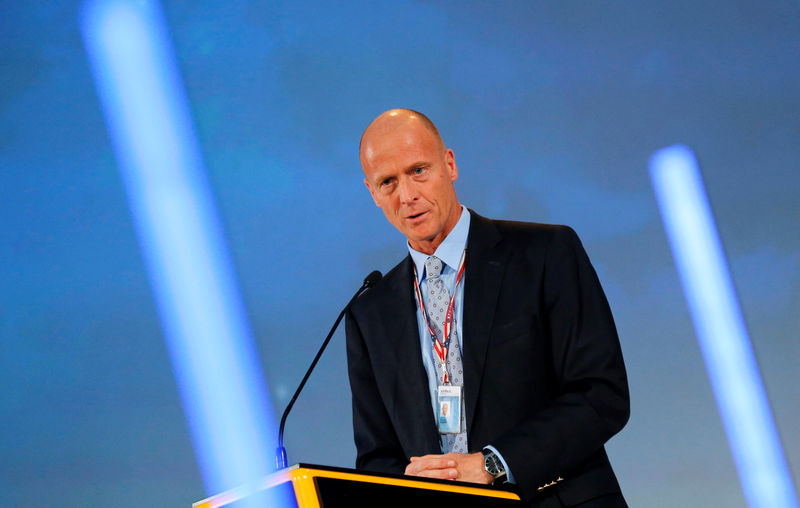LONDON (Reuters) - More households in Britain expect a deterioration in their finances than an improvement for the first time in three years, with much of it linked to the Brexit vote in 2016, a survey published by the Bank of England showed.
The fall reflected how households felt about their personal finances over the past 12 months and a loss of confidence in the outlook for the economy since the referendum decision to take Britain out of the European Union, the BoE said.
"Households' expectations of income and spending have both increased since last year, which likely reflects the rise in cost of living following the depreciation of sterling," the BoE said as it published the survey by polling firm NMG Consulting.
Britain's inflation rate has jumped to 3.1 percent, pushed up largely by the fall in the value of the pound since the Brexit vote, while wages have grown more weakly.
The BoE raised rates for the first time in more than 10 years last month, pushing up Bank Rate to 0.50 percent from 0.25 percent. At the time, it said it expected little impact on British households from the change.
Friday's survey showed a slight deterioration in the balance sheets of British households over the past year although the share of households which spend more than 40 percent of their income on mortgage debt remained low, the BoE said.
The survey also suggested only one in 40 households in Britain with a mortgage was likely to spend less or work more hours in response to the BoE's decision to raise rates.
The share of households with mortgages likely to take action to offset higher borrowing costs would rise from 2.5 percent to 7.5 percent if the BoE raised rates by a further 25 basis points, according to the survey.

The online survey of 6,018 households was conducted between Sept. 6 and 26 and was considered by the BoE's Monetary Policy Committee before it voted to raise rates on Nov. 2.